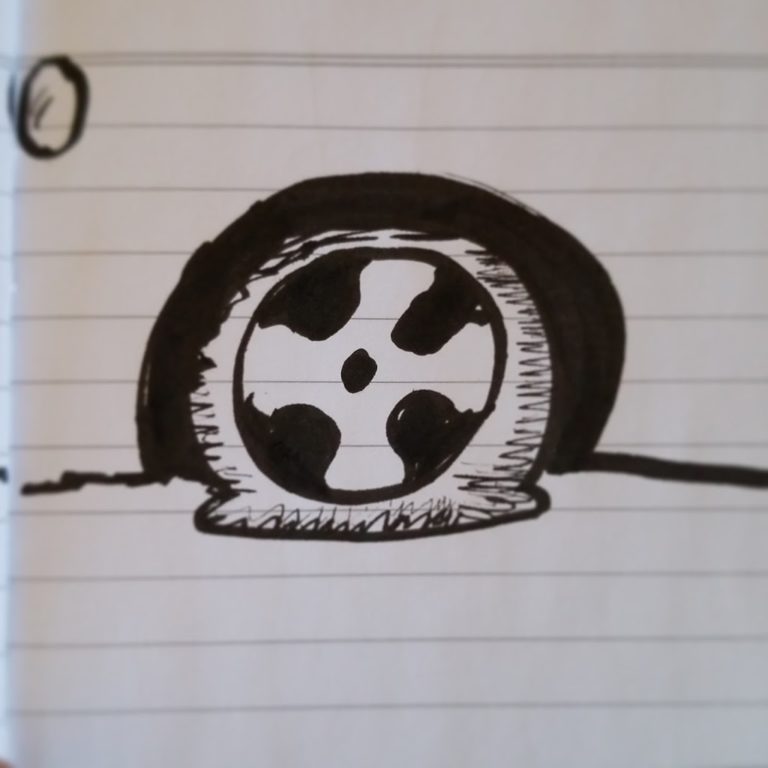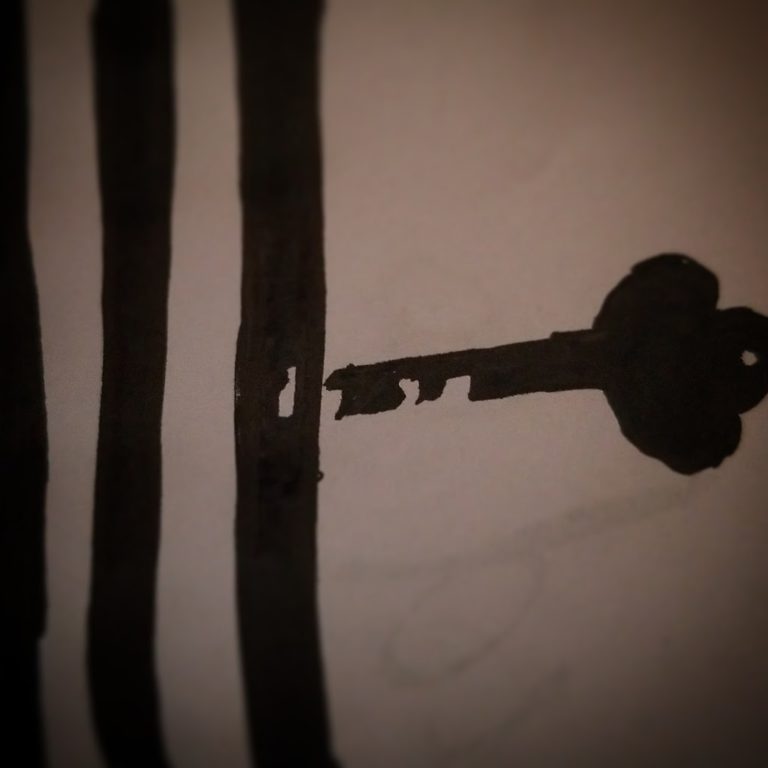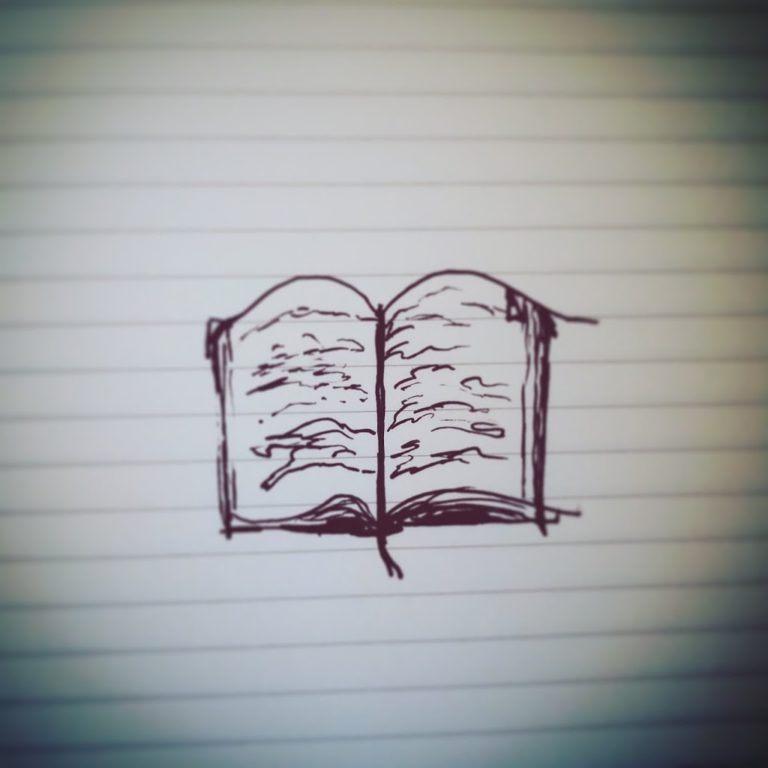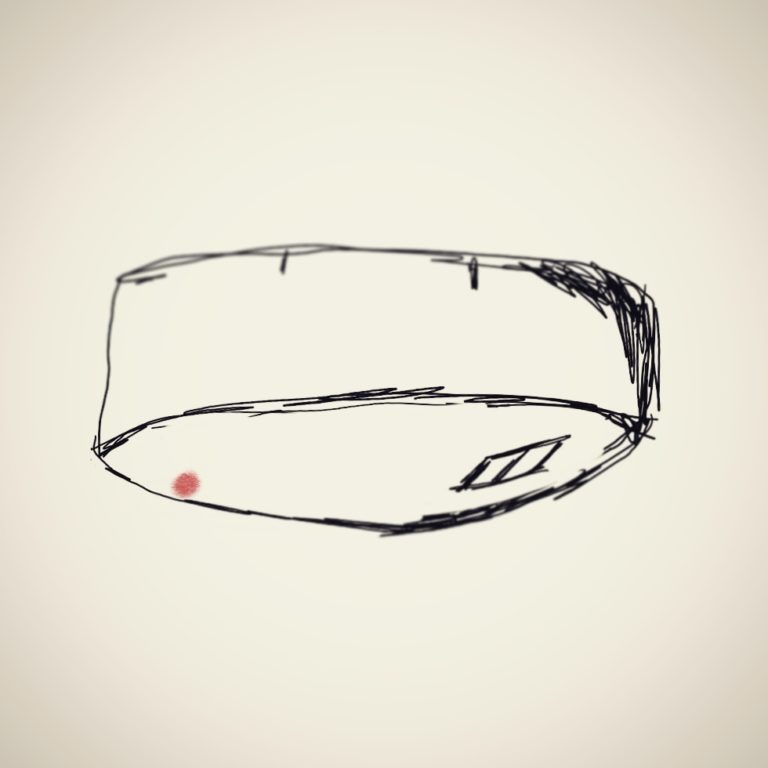Back To The Future Was Right!
It is not in the stars to hold our destiny but in ourselves. William Shakespeare October 21, 2015 was Back To The Future Day. That was the date when Marty first traveled to the future. It has been enjoyable…
It is not in the stars to hold our destiny but in ourselves. William Shakespeare October 21, 2015 was Back To The Future Day. That was the date when Marty first traveled to the future. It has been enjoyable…

“I conceived it as my task to make difficulties everywhere.” ~Kierkegaard as Climacus My tire pressure dash light has been on for about 2 weeks. My gas mileage is awful, my steering is less responsive, and I can’t be…

“To forgive is to set a prisoner free and to discover that the prisoner was you.” ~Lewis B. Smedes Everyone has experienced hurt at some point in their life. These hurts can range from deeply traumatic to minimal, but everyone…

“I remember driving to therapy and thinking, ‘Well, this is it. I’m all out of stories’. I didn’t know what I was going to say. And that was when therapy really began.” -Dr. Ron Wright Dr. Wright was…

“Our life always expresses the result of our dominant thoughts.”~ Soren Kierkegaard We have a special “Pizza Timer” in our house. If we’re cooking a frozen pizza, the easiest way to know when it’s done is to listen…